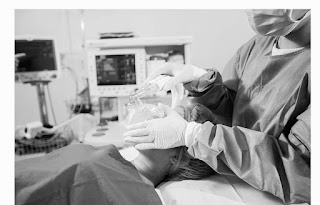Diet and Warfarin: Interactions
There is no specific warfarin diet. However, certain foods and beverages can make warfarin less effective in preventing blood clots.
One nutrient that can lessen warfarin's effectiveness is vitamin K. The adequate intake level of vitamin K for adult men is 120 micrograms (mcg). For adult women, it's 90 mcg. While eating small amounts of foods that are rich in vitamin K shouldn't cause a problem, avoid eating or drinking large amounts of:
- Kale
- Spinach
- Brussels sprouts
- Parsley
- Collard greens
- Mustard greens
- Chard
- Green tea
- Cranberry juice (Drinking 250 mL (1 cup) or less of cranberry juice is unlikely to affect your INR or pose any risk of bleeding.)
Also pay attention to other factors:
- Tobacco smoking can affect International Normalised Ratio (INR)
- Alcohol can also interact with warfarin to increase the risk of bleeding
- Patient should avoid crash diets or binge eating.



